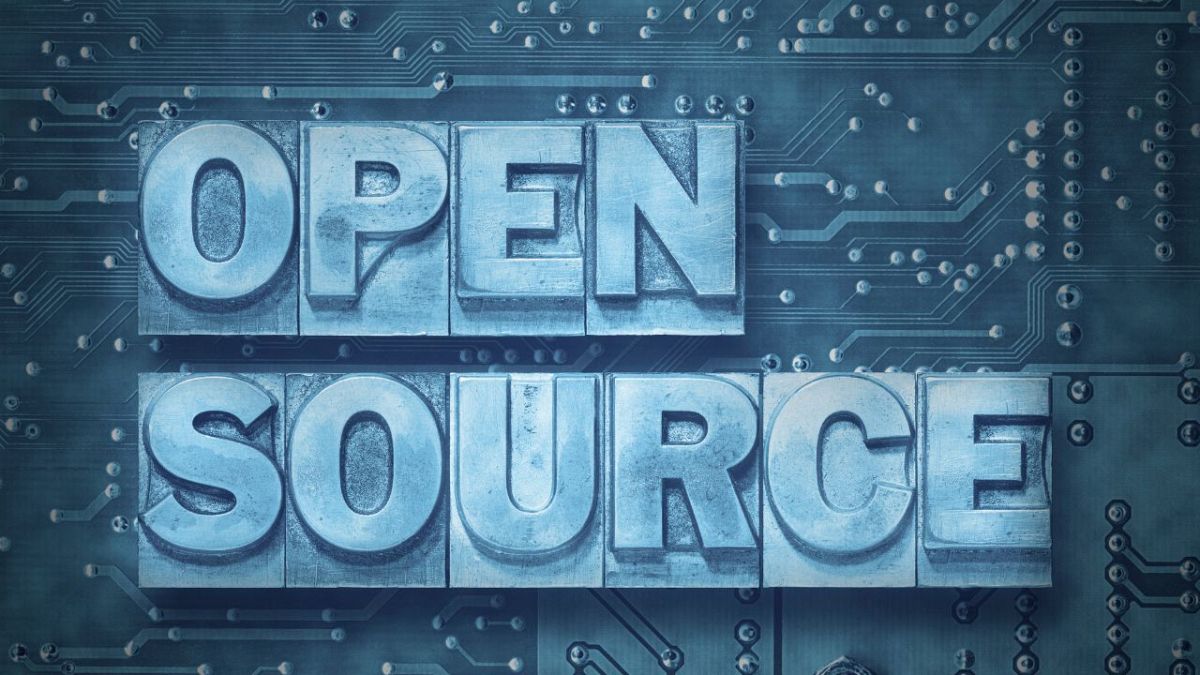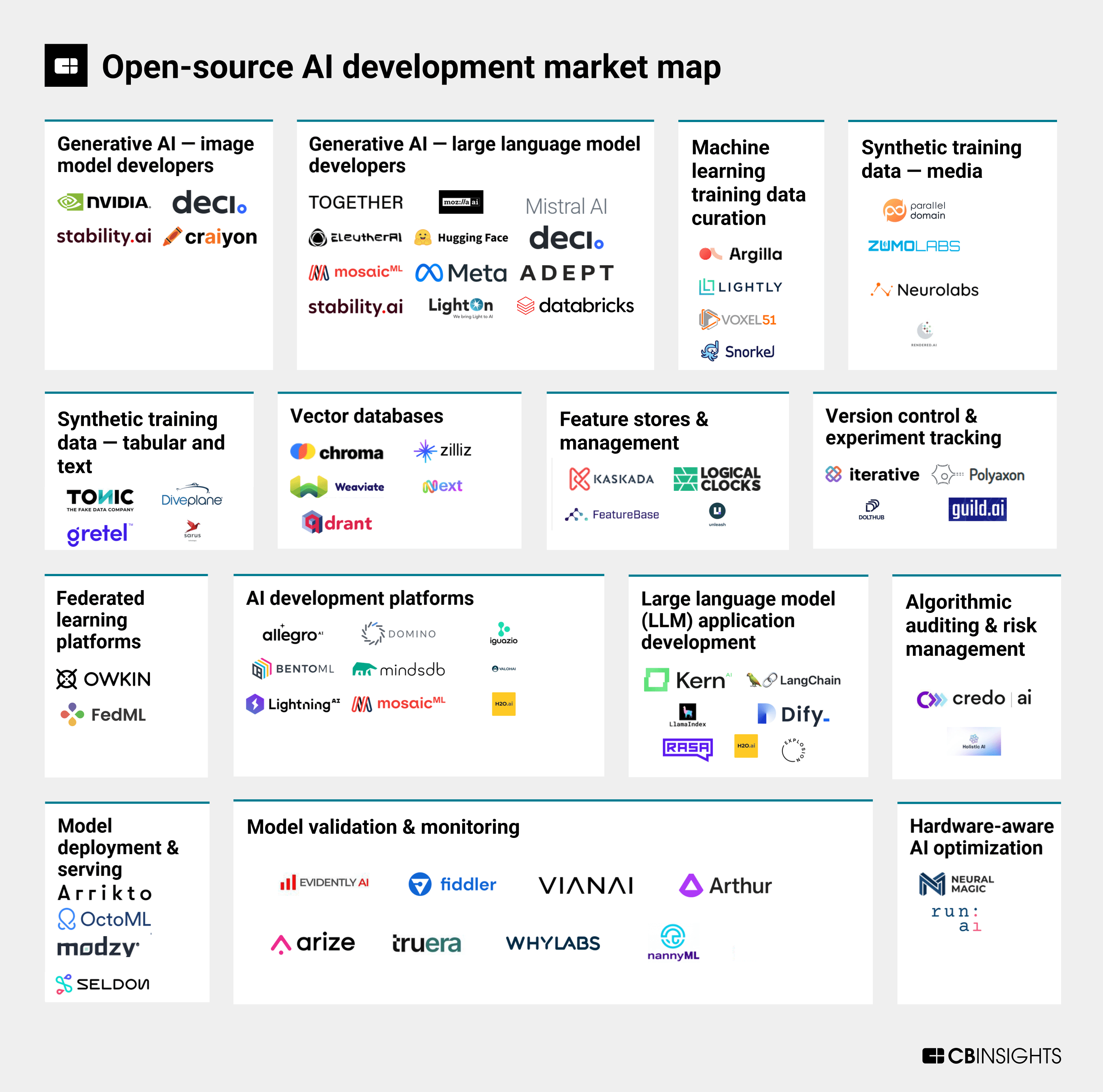Mark Zuckerberg, AI's 'open source' evangelist | National News ...
Meta founder and CEO Mark Zuckerberg argues that making the tech giant's AI software open to outside developers helps guard against the technology being limited to powerful companies or nations. Mark Zuckerberg, the founder of Facebook and CEO of Meta, has become an unexpected evangelist for open source technology when it comes to developing artificial intelligence, pitting him against OpenAI and Google.
The Open Source AI Debate
The history of computer technology has long pitted open source aficionados against companies clinging to their intellectual property. "Open source" refers to software development where the program code is made freely available to the public, allowing developers to tinker and build on it as they wish. Many of the internet's foundational technologies, such as the Linux operating system and the Apache web server, are products of open source development.

However, open source is not without challenges. Maintaining large projects, ensuring consistent quality, and managing a wide range of contributors can be complex. Finally, almost by definition, keeping open source projects financially sustainable is a challenge.
Meta's Embrace of Open Source
Zuckerberg is probably the last person you would expect to embrace open source. The company maintains total control over its Instagram and Facebook platforms, leaving little to no leeway for outside developers or researchers to tinker around. Meta's sudden embrace of the open source ethos is driven by its bitterness towards Apple, whose iPhone rules keep a tight control on what Meta and all outside apps can do on their devices.

Meta's open source LLaMA 3.1 (for Large Language Model Meta AI) is the company’s latest version of its generative AI technology that can spew out human standard content in just seconds. Performance-wise, it can be compared to OpenAI’s GPT-4 or Google’s Gemini, and like those models is "trained" before deployment by ingesting data from the internet.
The Closed Model Argument
In the rivalry over generative AI, defenders of the closed model argue that the Meta way is dangerous, as it allows bad actors to weaponize the powerful technology. Meta argues that transparency assures a more level playing field and that a world of closed models will ensure that only a few big companies, and a powerhouse nation like China, will be in control. Startups, universities, and small businesses will "miss out on opportunities," Zuckerberg said.

Originally published on doc.afp.com, part of the BLOX Digital Content Exchange.










